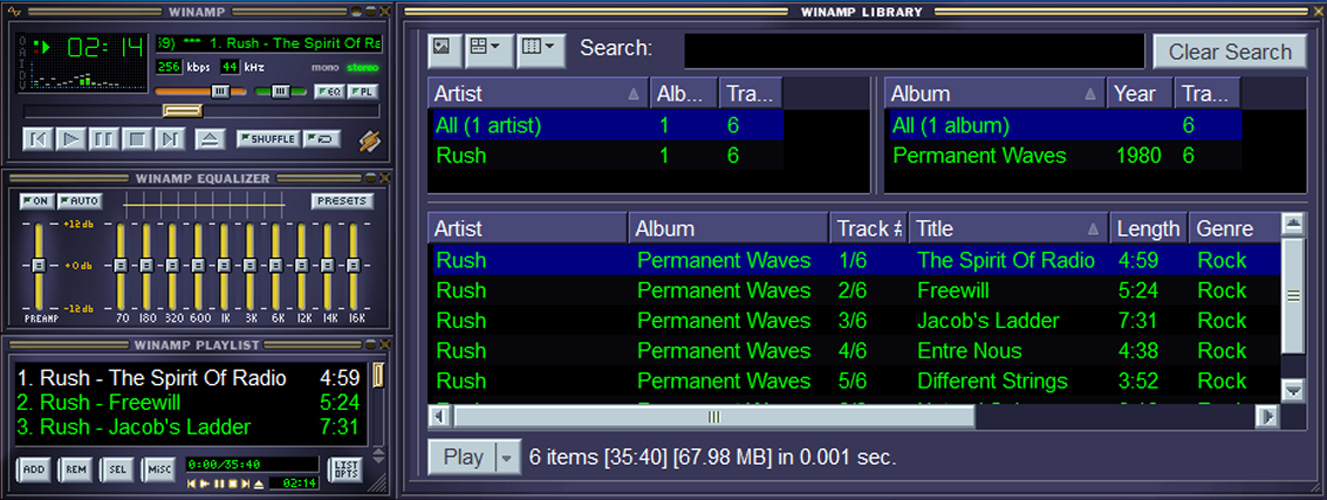The iconic Winamp media player has fulfilled a promise made in May to go open-source and has now published its complete source code on GitHub.
Winamp is a media player launched in 1997 by Nullsoft, which gained massive popularity in the following years, coinciding with the rise of MP3s music files. The player featured a simple yet powerful customizable interface, broad audio file format support, visualization add-ons and skin system, and the ability to stream internet radio or podcasts.
After Nullsoft’s acquisition by AOL, its development slowed, and in 2013, Winamp was discontinued.
In 2014, new owner Radionomy took over the project intending to resume development. However, it failed to bring Winamp to its former glory, with the market having moved on to music streaming services.
On May 2024, Winamp’s team announced it would make the media player open source on September 24, almost three decades after its initial launch.
Yesterday, the Winamp source code, build tools, and associated libraries for the Windows app were published on GitHub, allowing anyone to develop their own customized versions of the iconic media player.

Source: BleepingComputer
Open to all
Releasing the Winamp source code to the community means that developers are now free to contribute to the development of the media player, fork it to create new projects with diverging development directions, or incorporate parts of the code into other media players.
“Winamp is a multimedia player launched in 1997, iconic for its flexibility and wide compatibility with audio formats,” reads the GitHub page.
“Its development slowed down, but now, its source code was opened to the community, allowing developers to improve and modernize the player to meet current user needs. It really whips the llama’s ass.”
Winamp is an old software project (it uses DirectX 9 SDK), so updating its codebase to newer technologies will take some time and work.
The iconic status of the project and the nostalgia it induces in so many users with fond memories of the early days of digital music guarantees it will be embraced warmly.
Unsurprisingly, the Winamp GitHub repository hosting the source code and tools already has 2,500 stars and 600 forks at the time of writing, less than 24 hours after the code was made public.
The release of the source code also enables Linux enthusiasts to finally port the project to their favorite platform, or at least create clones that are functionally very close to the original player.
